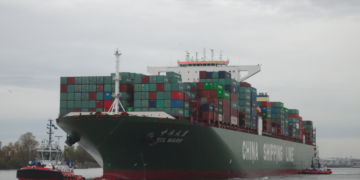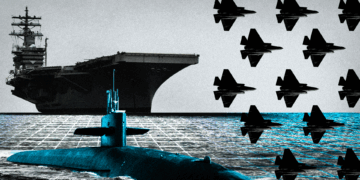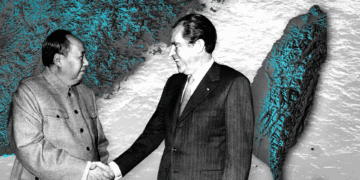Speaking to the Australian parliament in late 2011, then-President Barack Obama announced that after a decade of fighting in the Middle East, the United States would be “turning [its] attention to the vast potential of the Asia Pacific region,” a move that came to be known colloquially as the “pivot to Asia.”
Nearly 14 years later, the so-called pivot still hasn’t happened. But when it comes to the military domain, this is a blessing in disguise.
The United States does not need to increase its military footprint in Asia to secure its core interests: defending the homeland and assuring American economic prosperity. Instead, U.S. national and regional security would be better protected by a reduced U.S. military presence alongside continued investment to help allies take responsibility for their own defence burden. Such a strategy will have its detractors, in Washington and in the region, but it will benefit all parties while dramatically reducing the risk of major power war.
Seeing China as the only near peer rival with both the intent and the capability to challenge what remains of the American-led rules-based order, those who urge Washington to focus its military energies on Asia see such a reorientation as required given China’s growing power and constrained U.S. resources.
Even if we accept the premise that China is America’s most formidable challenger, however, it is far from clear that increasing U.S. hard power in the Indo-Pacific region is an effective way of competing with Beijing or safeguarding U.S. or allied interests.
Events on Grand strategy










